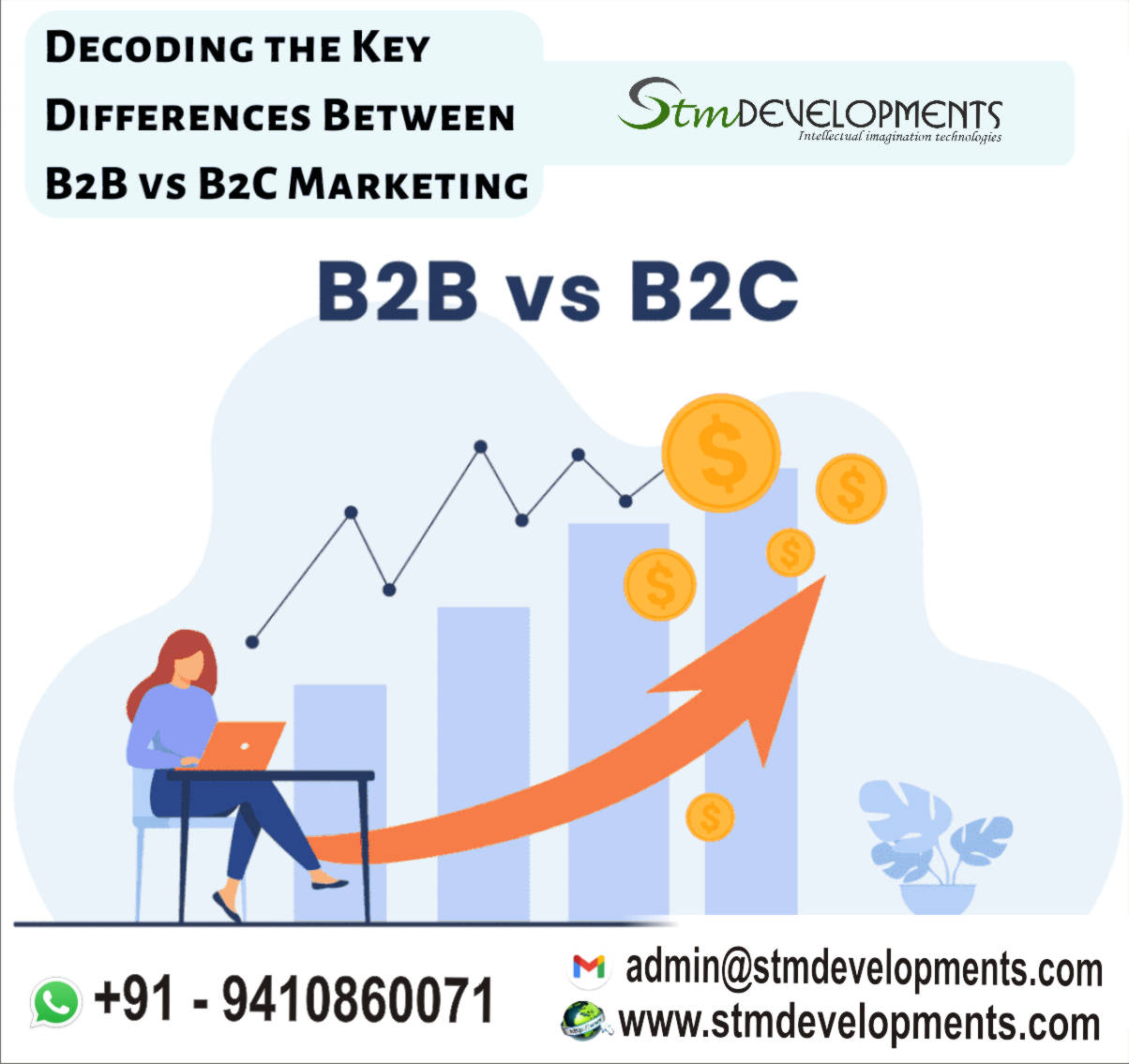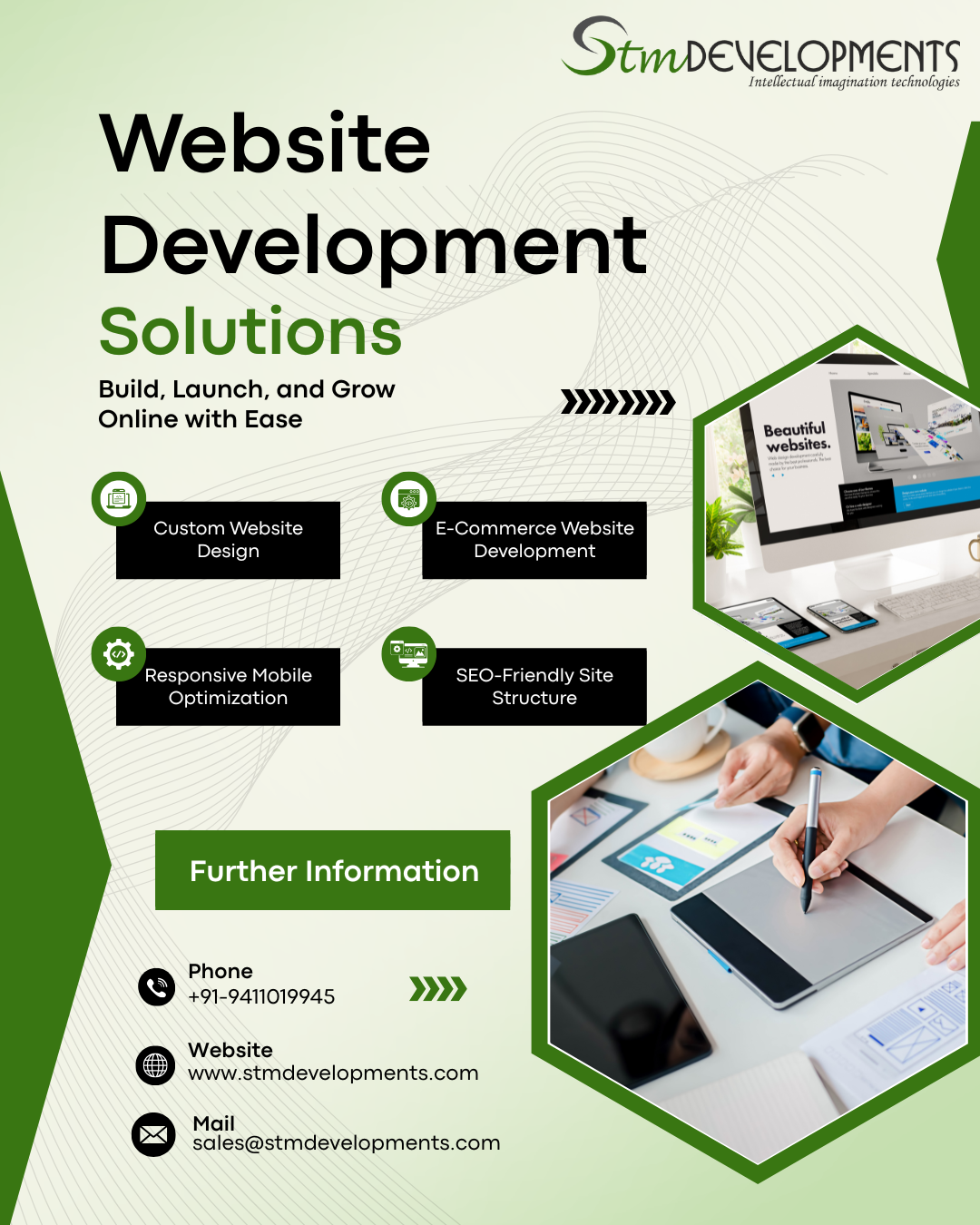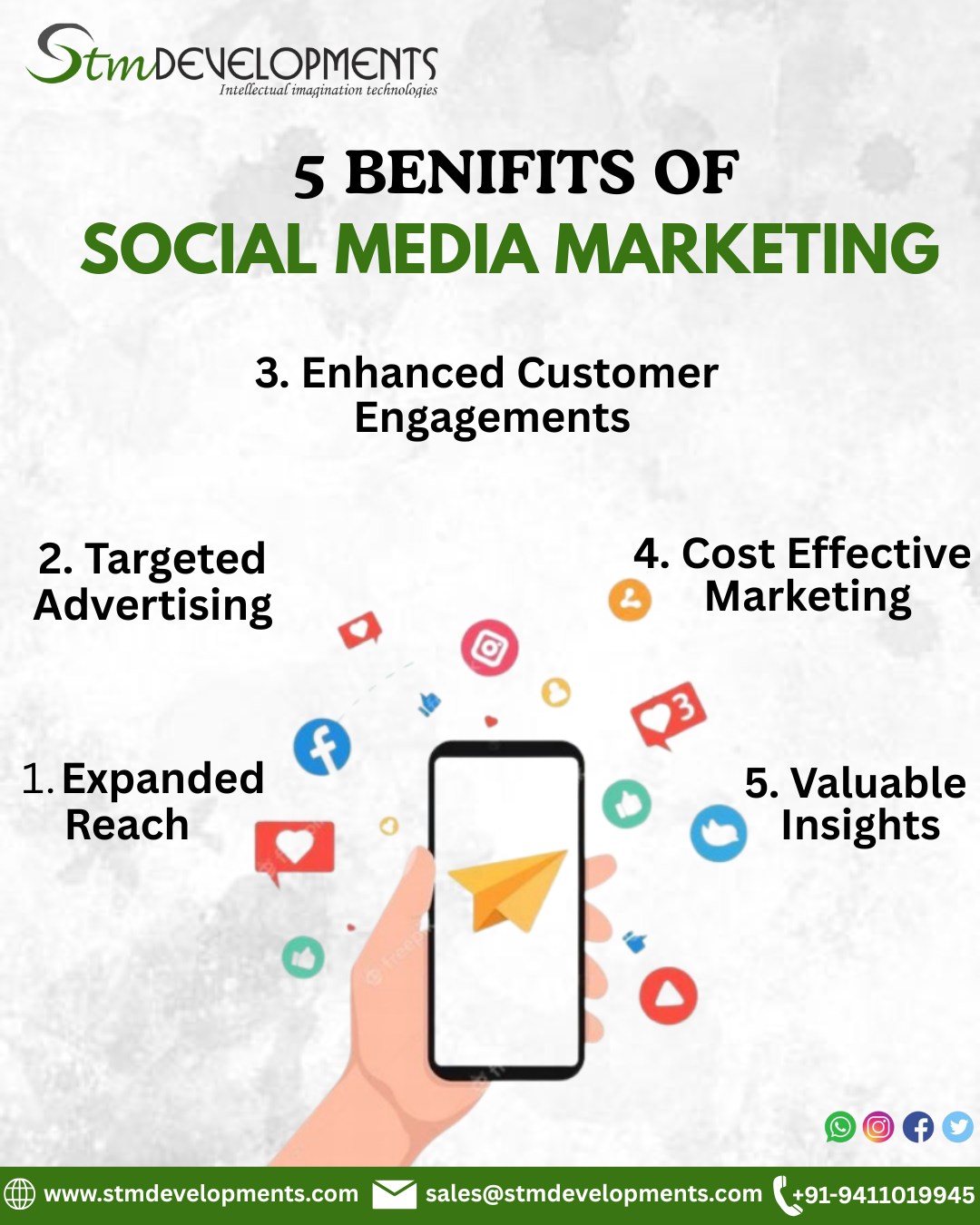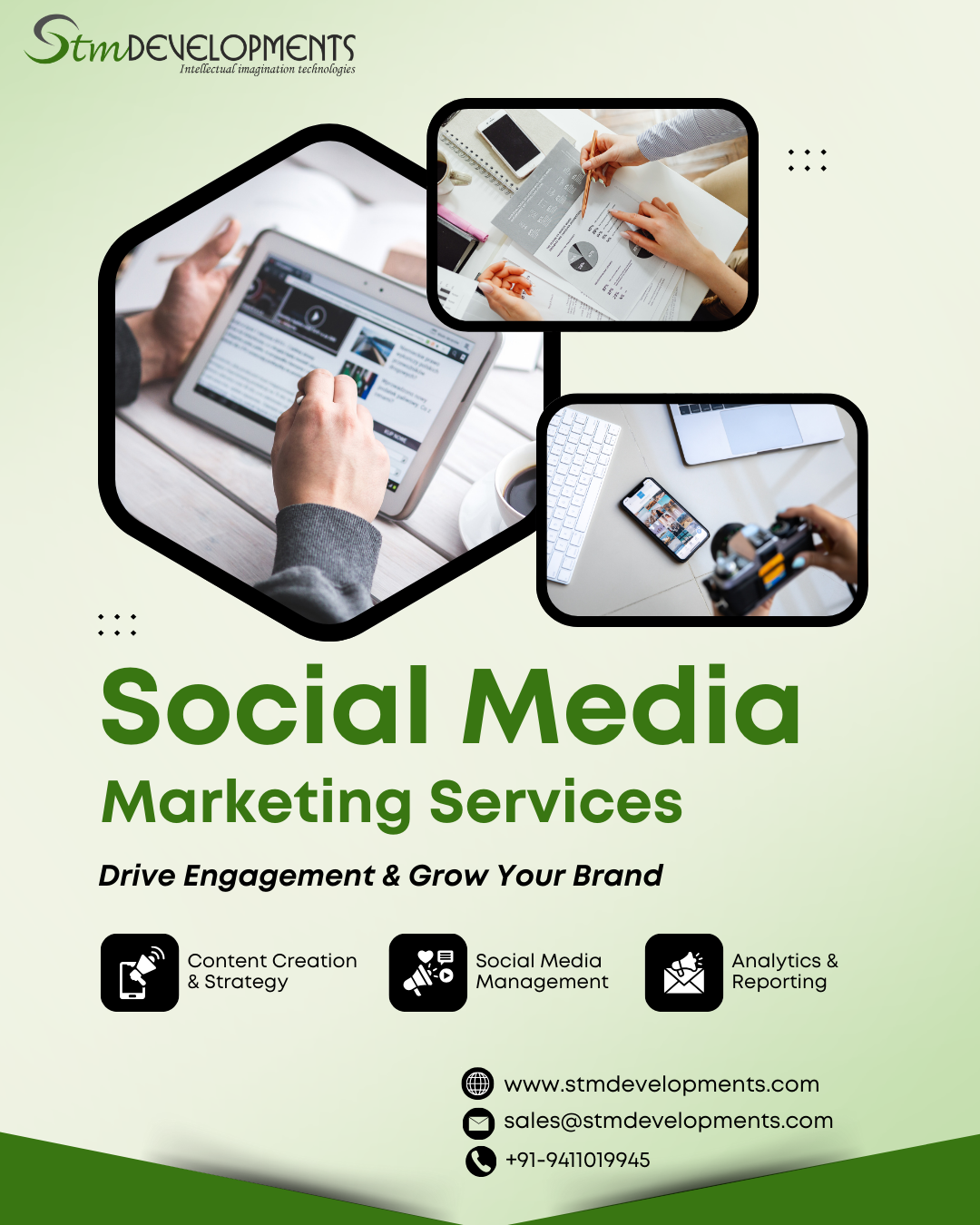SEO for B2B vs. B2C: Key Differences and Strategies
SEO for B2B vs. B2C: Key Differences and Strategies
In the realm of digital marketing, Search Engine Optimization (SEO) plays a pivotal role in driving organic traffic to websites. However, the approach to SEO can vary significantly depending on whether you're targeting Business-to-Business (B2B) or Business-to-Consumer (B2C) audiences. Understanding these differences is crucial for crafting effective SEO strategies that resonate with your target market.
Key Differences Between B2B and B2C SEO
1. Audience and Buying Cycle:
B2B audiences typically involve decision-makers, purchasing managers, and stakeholders who are focused on long-term solutions and ROI. They often engage in thorough research and comparison before making a purchase decision. In contrast, B2C audiences are generally individual consumers looking for immediate solutions or products that meet their personal needs or desires.
2. Keyword Intent:
The keywords used in B2B and B2C SEO differ in terms of intent and complexity. B2B keywords often revolve around specific industries, technologies, and professional terminology. They may include terms like "enterprise software solutions" or "industrial machinery suppliers." B2C keywords, on the other hand, are more straightforward and focus on product features, benefits, and consumer preferences, such as "best smartphones under $500" or "organic skincare products."
3. Content Depth and Format:
Due to the complexity of B2B products or services, content in B2B SEO tends to be more in-depth, educational, and technical. Whitepapers, case studies, and detailed product descriptions are common. B2C content, however, is often more visual, emotionally appealing, and transaction-focused. It may include product reviews, tutorials, lifestyle articles, and engaging visuals to capture consumer interest quickly.
4. Lead Generation vs. Direct Sales:
B2B SEO often focuses on lead generation and nurturing through content marketing and email campaigns. The goal is to establish authority, build trust, and educate potential clients over time. In contrast, B2C SEO typically aims for direct sales through optimized product pages, promotions, and seamless checkout processes designed to convert visitors into customers immediately.
Strategies for B2B SEO
1. Targeting Long-Tail Keywords: Identify and target specific industry-related keywords and phrases that align with the problems or challenges your B2B audience faces.
2. Content Marketing: Create in-depth, authoritative content such as whitepapers, case studies, and industry reports that demonstrate thought leadership and expertise.
3. Link Building: Focus on acquiring high-quality backlinks from industry publications, trade associations, and authoritative websites to boost credibility and domain authority.
4. SEO Audits and Technical Optimization: Regularly audit your website for technical SEO issues, optimize for mobile responsiveness, and improve site speed to enhance user experience and search engine rankings.
Strategies for B2C SEO
1. Keyword Research: Conduct thorough keyword research to understand consumer preferences, buying trends, and popular search queries related to your products or services.
2. Visual and Interactive Content: Utilize high-quality images, videos, infographics, and interactive elements to enhance user engagement and convey product benefits effectively.
3. Local SEO: Optimize your website for local search queries if you have physical stores or serve specific geographic regions to attract nearby customers.
4. User Reviews and Testimonials: Showcase customer reviews and testimonials prominently on product pages to build trust and influence purchase decisions.
Conclusion
While both B2B and B2C SEO share fundamental principles such as keyword optimization, content quality, and technical SEO, understanding the nuances and distinct strategies for each can significantly impact your digital marketing success. By tailoring your SEO approach to cater to the unique needs, behaviors, and buying cycles of B2B or B2C audiences, you can effectively enhance your online visibility, attract qualified traffic, and ultimately drive conversions and revenue growth for your business.
Implementing a well-defined SEO strategy that aligns with your target audience's preferences and behaviors is key to staying competitive and maximizing your online presence in today's digital landscape.





